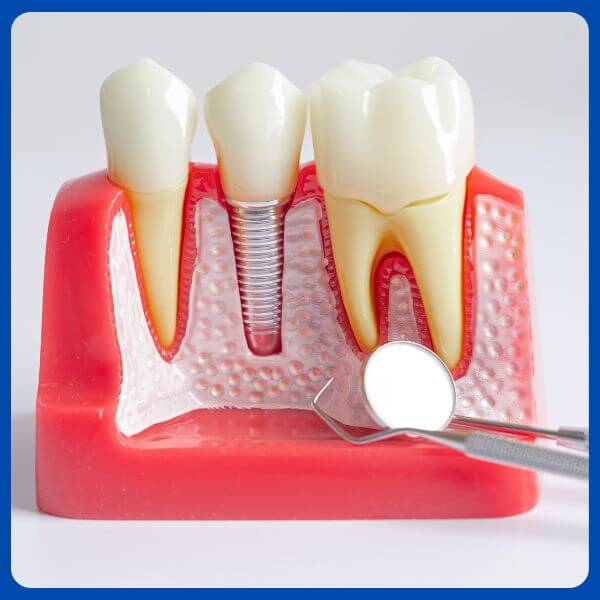
Do Dental Implants Get Cavities?
If you’ve had a dental implant placed or are considering getting one, you may be wondering: Do dental implants get cavities?
The short answer is no — unlike natural teeth, dental implants are made of decay-resistant materials like titanium and ceramic, which means they don’t develop cavities in the traditional sense. However, maintaining excellent oral hygiene is still essential to ensure the long-term health of your implant and the surrounding tissues.
Whether you’re exploring Dental Implants in Dubai or have recently had one placed, this guide will help you understand how to keep your implant healthy and long-lasting.
What Exactly Is a Cavity?
A cavity, or tooth decay, occurs when bacteria in the mouth produce acids that wear down tooth enamel, leading to holes and structural damage. Since dental implants do not have enamel and are not made from organic material, they cannot decay — making them immune to cavities. However, that doesn’t mean they’re maintenance-free.
Can Tooth Decay Affect the Area Around Dental Implants?
While dental implants themselves cannot develop cavities—since they are made from materials like titanium—the surrounding gum tissue and bone are still vulnerable. Poor oral hygiene can lead to conditions such as peri-implant mucositis (inflammation of the gums) and peri-implantitis (a more serious infection that can cause bone loss and implant failure).
These complications are similar to gum disease and may be triggered by:
- Inadequate brushing and flossing
- Smoking or tobacco use
- Pre-existing gum disease or untreated periodontal issues
- Poorly managed diabetes or other systemic health problems
How to Care for Your Dental Implants
Though implants don’t get cavities, they still need daily care — just like natural teeth. Follow these steps to maintain implant health:
- Brush Twice Daily
Use a soft-bristled toothbrush and non-abrasive toothpaste. Gently clean the implant crown and nearby gum area. - Floss Daily
Use floss made specifically for implants or interdental brushes to remove food particles and plaque between the implant and adjacent teeth. - Use Antibacterial Mouthwash
An alcohol-free rinse helps reduce bacteria and prevent infection around the gumline. - Schedule Regular Dental Checkups
Regular visits allow your dentist to check bone health, gum condition, and implant stability. Patients treated by Dr. Indraniil Roy benefit from advanced diagnostics and personalized care. - Get Professional Cleanings
Dental hygienists use specialized tools that clean implants without scratching the surface or irritating the gums.
Conclusion
While dental implants themselves don’t get cavities, they still require the same level of care and attention as natural teeth. The surrounding gums and bone can be affected by plaque and bacteria, potentially leading to complications like peri-implantitis if not properly maintained. By practicing good oral hygiene, attending regular checkups, and following your dentist’s advice, you can ensure the long-term success of your dental implant.
